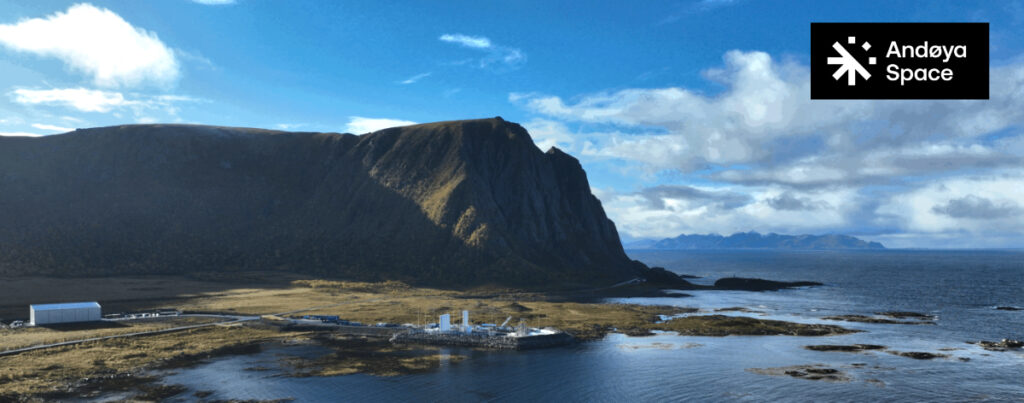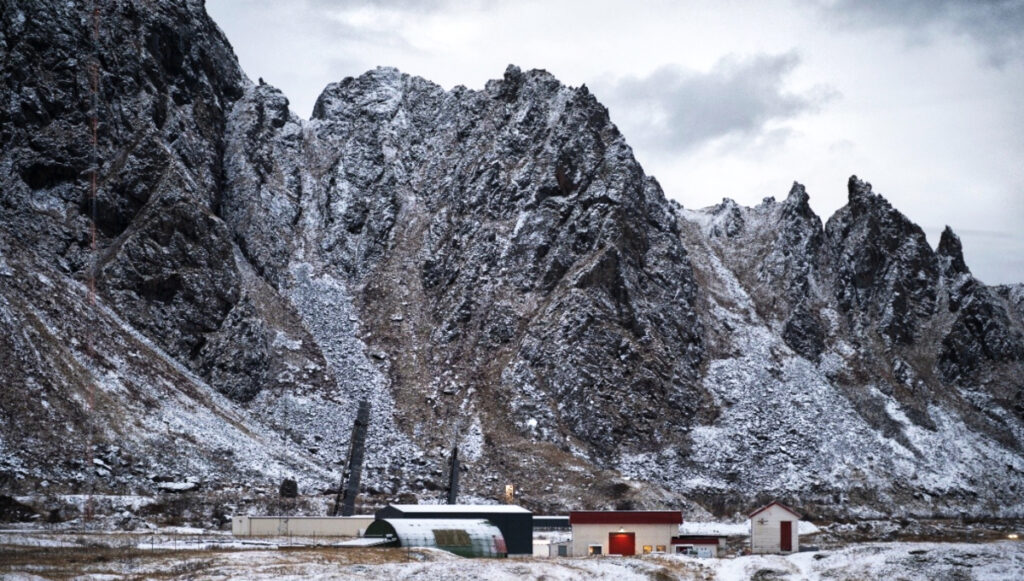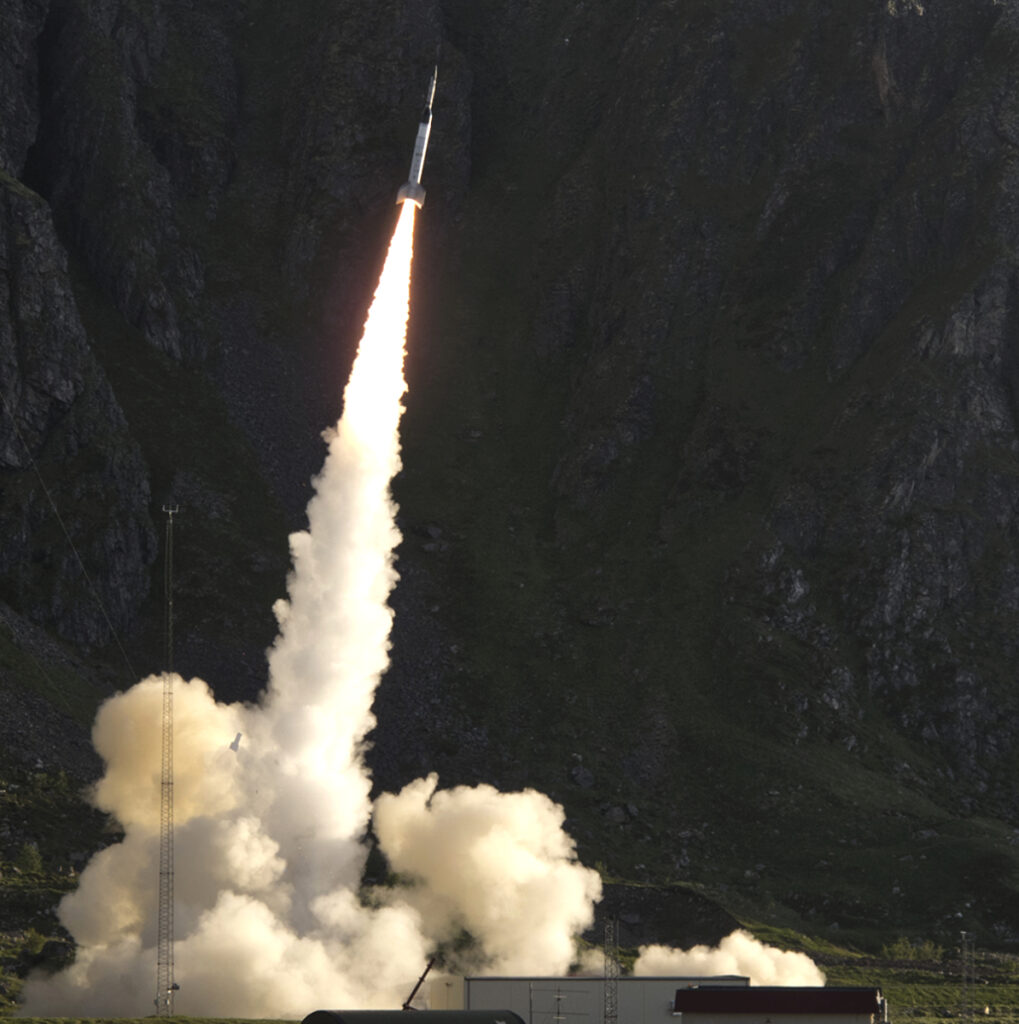
Two sub-orbital rockets from NASA Wallops have been installed on the pads at Andøya Space, ready for their launch campaign.

Kolbjørn Blix, VP Sub-Orbital at Andøya Space, said, “I must admit that I am especially proud of the GHOST mission, of which I have the honor of being one of the principal investigators, together with my American friend and colleague – Christopher Koehler. We would also like to take this opportunity to thank NASA Headquarters, NASA Wallops, Andøya Space and the Norwegian Space Agency for their support of the project. Without this, it would not have been possible to carry out such transatlantic student rocket projects.”

Multiple launch pads, two launch sites and a large impact and dispersion area enable Andøya Space to conduct complex launch campaigns.
GHOST is a two-stage vehicle carrying experiments onboard made by students from USA, Puerto Rico and Norway.
GHOST is a successor to a similar student-oriented rocket which launched from Andøya in 2019, G-CHASER,” Blix said. “This is all about giving the next generation space professionals a chance to participate in a real mission, showcasing their own experiments. These young people will be the ones building our future earth observation satellites and interplanetary probes. Many of the students will be here to witness the launch of the rocket carrying their experiments up to space. Earlier this year, we did a song contest for the GHOST mission in collaboration with Ghost Rocket Music and The Hollywood Independent Music Award. The winning song will be played during the launch live stream on our YouTube-channel.”
RENU-3 is the third vehicle in the RENU-project, which is an abbreviation for Rocket Experiment for Neutral Upwelling. It is a four-stage vehicle and its mission is to investigate a region of the Arctic atmosphere where the air is leaking into space. RENU-3 aims to travel up to 500 kilometers altitude in its 16 minute flight, while the GHOST mission will reach an apogee of about 250 kilometers and end its flight after nine minutes.
Earth is essentially a large magnet,” said Blix. “And around the magnetic poles, we see that air is escaping to space, creating a well-known speed bump for satellites. We are of course talking about a very small amount here, but enough for the satellites to feel the effect. RENU-3 will land in the ocean north of Svalbard. And the GHOST rocket will land 150 kilometers north-west of Andøya.”
The launch period is from November 13th to 27th, and the daily launch window is between 07 and 12, local time. The launch campaign will be live streamed on Andøya Space’s YouTube-channel.
